In the first mind-numbing moments after she learned her son Peter had a brain tumor, Lucyna Dieleman met one of his cancer specialists.
“I’m Dr. Hoogstra,” said the young man, introducing himself as a fellow in pediatric hematology and oncology at Spectrum Health Helen DeVos Children’s Hospital.
Lucyna looked at him closely.
He had the same name as the pediatrician who has cared for the Dieleman family for years.
“Any relation to the Dr. Hoogstra who sent us here?” Lucyna asked. “You sound just like him. And your mannerisms—you have to be his son.”
Indeed, David Hoogstra, MD, is the son of the Dielemans’ longtime family pediatrician, Jeffrey Hoogstra, MD, of ABC Pediatrics.
That unexpected connection provided comfort during a bewildering, frightening time for Lucyna, Peter and their family. In both father and son, Lucyna found the same mix of medicine and compassion.
She calls it a miracle.
In her heart, she felt a sense that “God has this. In the big, big picture, this will be OK.”
A child’s view
Dr. David Hoogstra is not the only one to follow in his father’s medical footsteps in pediatric hematology-oncology at the Ethie Haworth Children’s Cancer Center at Helen DeVos Children’s Hospital.
Also in the fellowship program is Alexander Lake, DO, the son of Denny Lake, MD, of West Michigan Pediatrics.
Both doctors have traveled a long way on their medical journey—after college, they went through four years of medical school and three years as a pediatric resident before starting their three-year fellowship in pediatric hematology-oncology.
But the seeds for their career choice were sown years earlier.
As children, both marveled at their dads’ stethoscopes and otoscopes—the lighted instruments used to peer into the ear canal.
They made themselves at home in Dad’s office.
They often saw their fathers step away from sports events and social gatherings to take phone calls from patients’ families.
And they absorbed a sense of mission and caring for children, said James Fahner, MD, division chief for pediatric hematology and oncology at Helen DeVos Children’s Hospital.
“When you look at Dr. Hoogstra and Dr. Lake, you think about their intellect, their ambition and work ethic,” he said. “But it’s also the compassion they developed from seeing their fathers at work that clearly stuck with them and shaped the kinds of physicians they are becoming.”
Here is a look at how the two doctors chose careers in pediatric medicine—and particularly treating children with cancer and blood disorders—and how they ended up in a fellowship program close to home.
The doctor’s bag
“There was an immediate draw to the field of medicine, just given how much I looked up to my dad,” said Dr. Lake, who is in his first year of his fellowship.
As a kid, he had a fascination with his dad’s black doctor’s bag, filled with the tools of his trade.
He also had a medical role model in his mother, a nurse.
In high school, he developed a strong interest in science. And in college, the pre-med curriculum convinced him medicine would be the career for him.
Pediatrics also seemed a natural choice—he greatly enjoyed working summers as a camp counselor and he particularly liked caring for kids at the camp infirmary.
He appreciates the wide variety of experiences in pediatric medicine and the long-term relationships formed with kids and their families.
“Every experience is different, just based off the development of the kid,” he said. “And you really get to grow with families. You get to deal with a lot of different issues that everyone goes through growing up.”
His father, Dr. Denny Lake, did not push any of his four children toward medical careers.
But he was not surprised when Alex gravitated toward pediatric medicine.
“He has always had a gentle heart,” he said. “He has that kind of heart for kids, for helping them to get better or to withstand whatever trauma they have to go through.”
As a father, Dr. Denny Lake takes pride in seeing his son follow in his footsteps.
“It’s huge,” he said. “It’s sort of like the Big League ball players whose kids follow them into the Big Leagues. It’s absolutely wonderful.”
When his son began rounds at hospitals during medical school, Dr. Denny Lake passed the torch—his black doctor’s bag—to his son.
During his pediatric residency, Dr. Lake decided to specialize in pediatric hematology-oncology, drawn by the complexity involved in caring for children with cancer and blood disorders.
“We are still learning, and that is what is exciting about this field,” he said. “We have improved cure rates for a lot of these cancers.”
In treating children and families through the uncertainties and fears that come with a diagnosis and treatment, he draws on lessons he learned from his father—about the importance of patience, openness and listening to children and their parents.
“No matter how smart you are as a physician, parents are going to remember you for your bedside manner,” he said. “It’s your hard work and bedside manner that is going to serve the family best.”
A dad-doctor role model
Dr. David Hoogstra picked up practical tips in bedside manner from his father when he spent a month at ABC Pediatrics during his residency.
“When looking in a child’s ear, he will often use a hushed voice and whisper to patients,” Dr. Hoogstra said. “He says when he is whispering, it’s a very non-threatening posture.”
He also saw his dad ease children’s fears by telling and showing them what would happen next. For example, he would touch the end of the otoscope to the child’s ear and explain how he would use it to look inside.
“They have a bit of a sense of what’s coming,” Dr. Hoogstra said. “That’s something I’ve found to be effective when I’m looking in children’s ears.”
He remembers looking forward to visits to his dad’s office. It felt like home, filled with toys and friendly nurses and front-desk staff.
But he didn’t think about a medical career at first.
Drawn to math and science, he thought he would become an engineer. But in college he switched to pre-med, where he could channel his passion for science and problem-solving toward healing people.
Dr. Hoogstra found himself drawn to pediatrics in medical school. He had always enjoyed working with kids as a youth group leader and coach.
“I think children oftentimes have an enthusiasm for life and a wonder about the way they approach the world that I find so refreshing,” he said.
Eventually, he discovered a fascination with hematology and oncology.
“The opportunity to fight for and care for children with cancer really seemed to suit me,” he said.
“I look at how far we have come in our ability to treat and cure childhood cancer, and I think about what the next 30 years can bring. It gets me excited for this work.”
Now married and the father of two daughters, Dr. Hoogstra appreciates the example his dad set at home, as well as in the office.
“I have a growing appreciation for the way he was able to be devoted and committed to his patients but always be present and engaged as a father,” he said. “It showed me a path—a way that it could be a great life choice for me, too.”
He also draws on the example set by his mother, an attorney who switched careers to work in higher education and now leads the Council of Christian Colleges & Universities.
Dr. Jeffrey Hoogstra said he placed no expectations on either of his children to pursue medicine.
“I’ve been in the pediatric field long enough to know that it’s difficult for a parent to guess where his child is going to go (for a career),” he said.
But he believes pediatric oncology is a good fit for his son.
“He’s doing really good work,” he said. “He is very thoughtful in his approach and I think he’s very thorough in what he does.”
Lucyna Dieleman agrees, after watching Dr. David Hoogstra care for her son as he was treated for medulloblastoma.
As a fellow, Dr. Hoogstra worked with attending physician Beth Kurt, MD, in overseeing Peter’s care as the 12-year-old boy underwent a year of treatment.
Peter continues to see Dr. Kurt and Dr. Hoogstra for periodic checkups.
“I have complimented Dr. Jeffrey Hoogstra that you have raised a tremendous kid,” Lucyna said. “What a blessing. He is such a light.”
Home-grown talent
Both Dr. Jeffrey Hoogstra and Dr. Denny Lake began working in West Michigan well before the Helen DeVos Children’s Hospital opened.
Over the years, they have seen tremendous growth of pediatric subspecialties locally. It means most children with challenging medical conditions can receive care close to home.
“It has been a huge benefit to the pediatricians and the community,” Dr. Hoogstra said.
The benefits go both ways.
“It’s absolutely a partnership with our community pediatricians,” Dr. Fahner said. “We couldn’t do what we do without them.”
And having Dr. Hoogstra and Dr. Lake in the fellowship program is a great compliment to Helen DeVos Children’s Hospital, he said.
“These are extraordinarily bright and talented young men who could really have their pick of any program,” he said. “I think it’s a recognition of the growing strength of the Helen DeVos Children’s Hospital that we are able to retain the best and the brightest right here.”
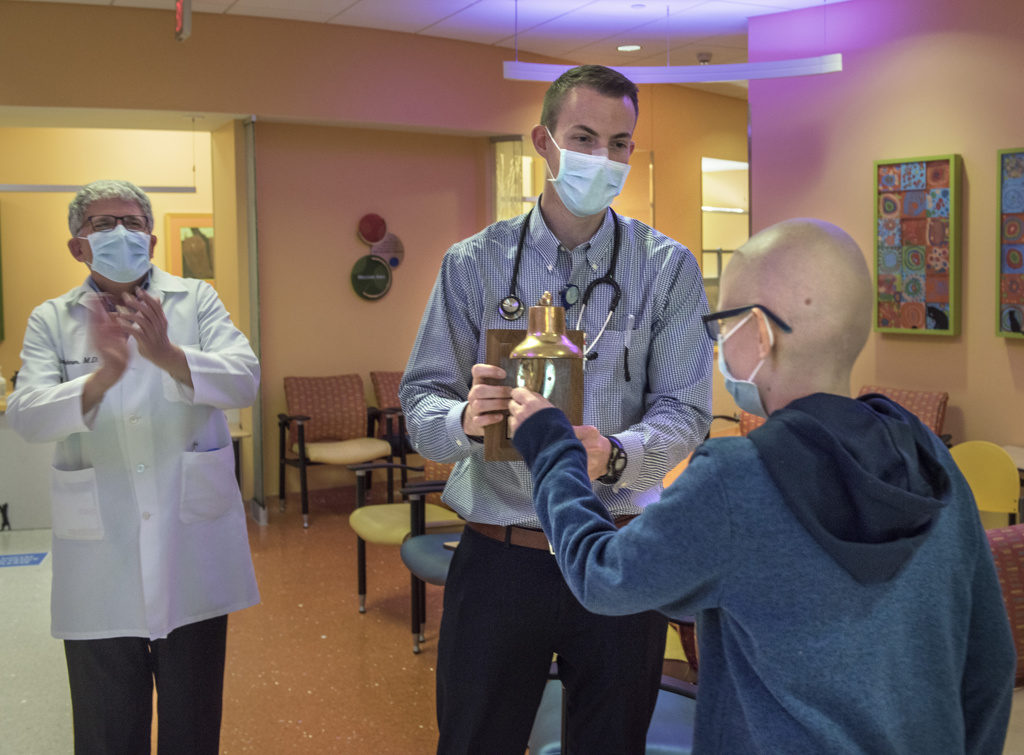
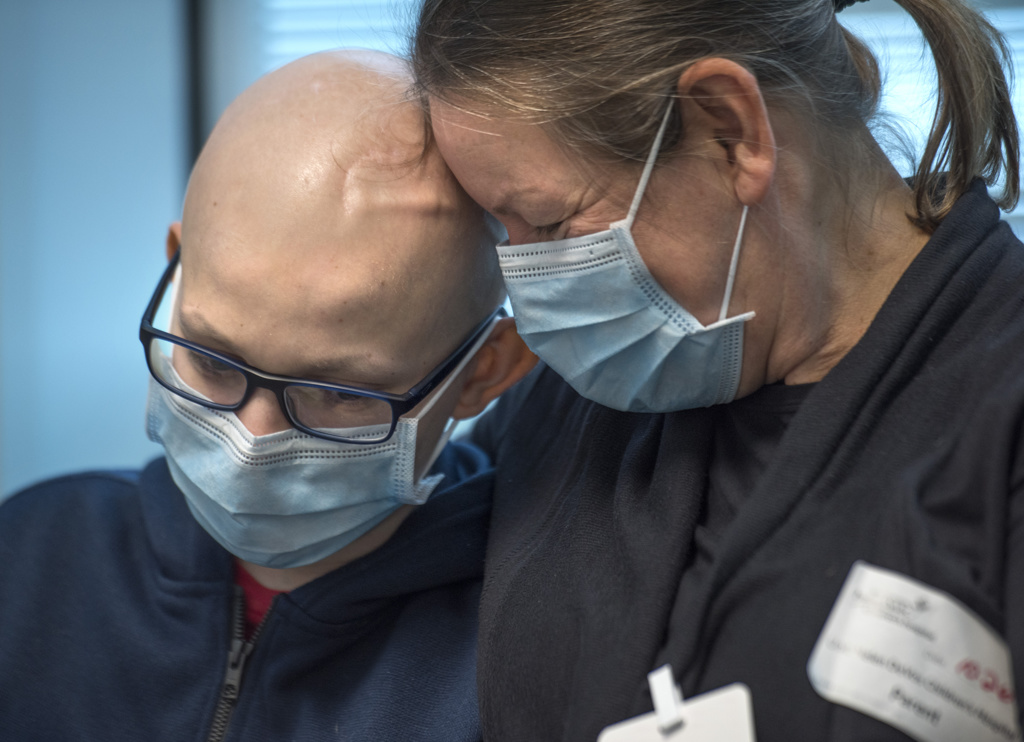
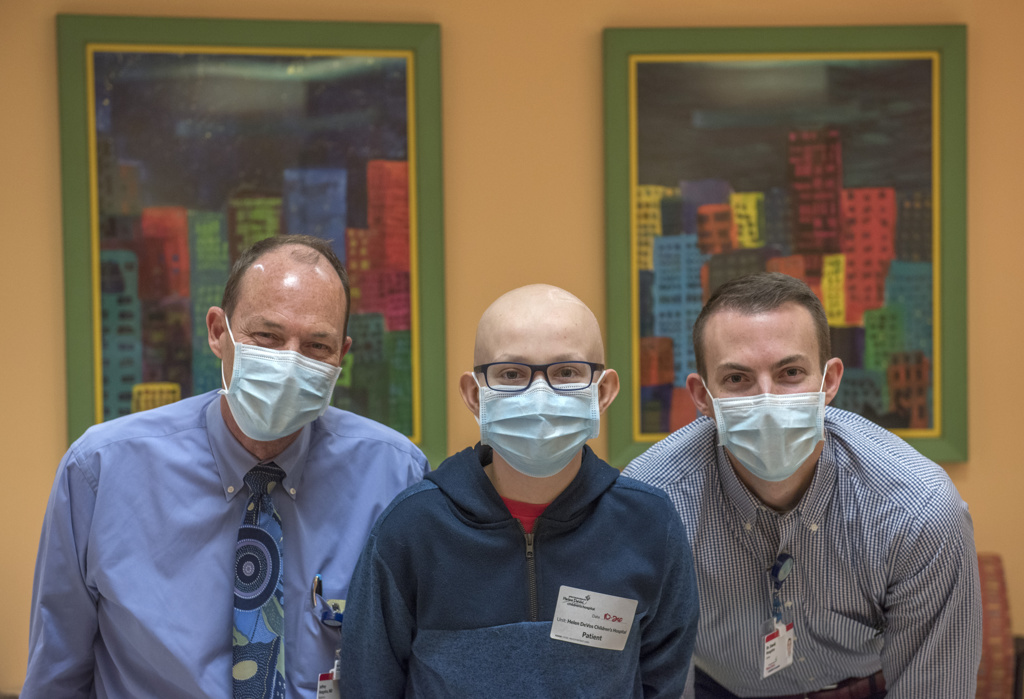
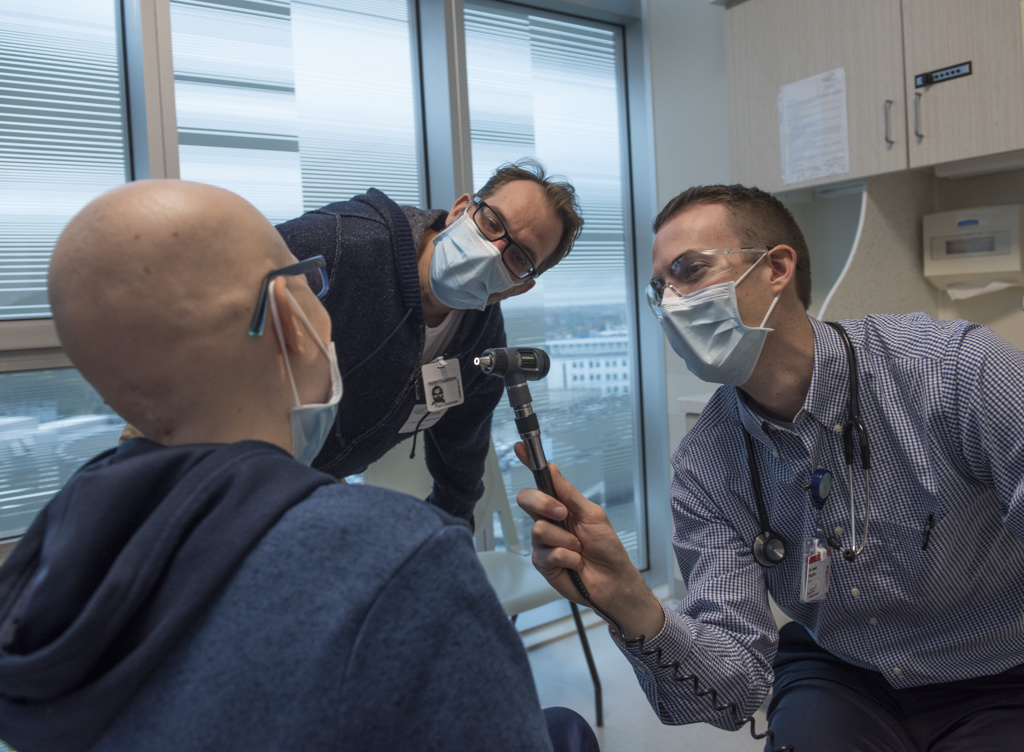
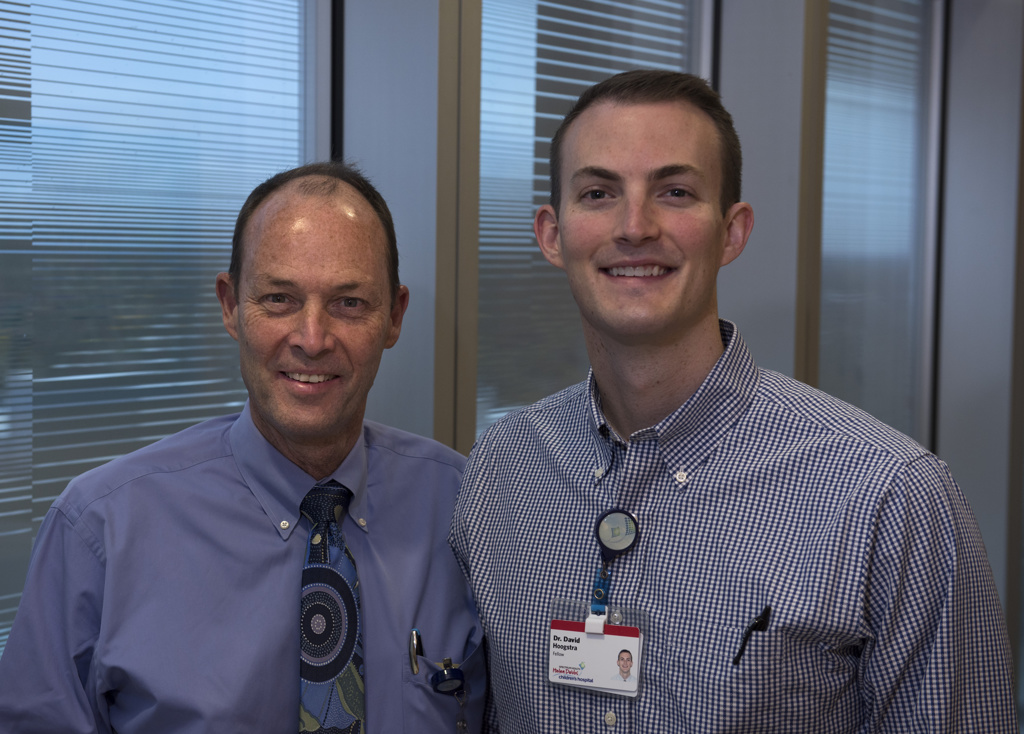
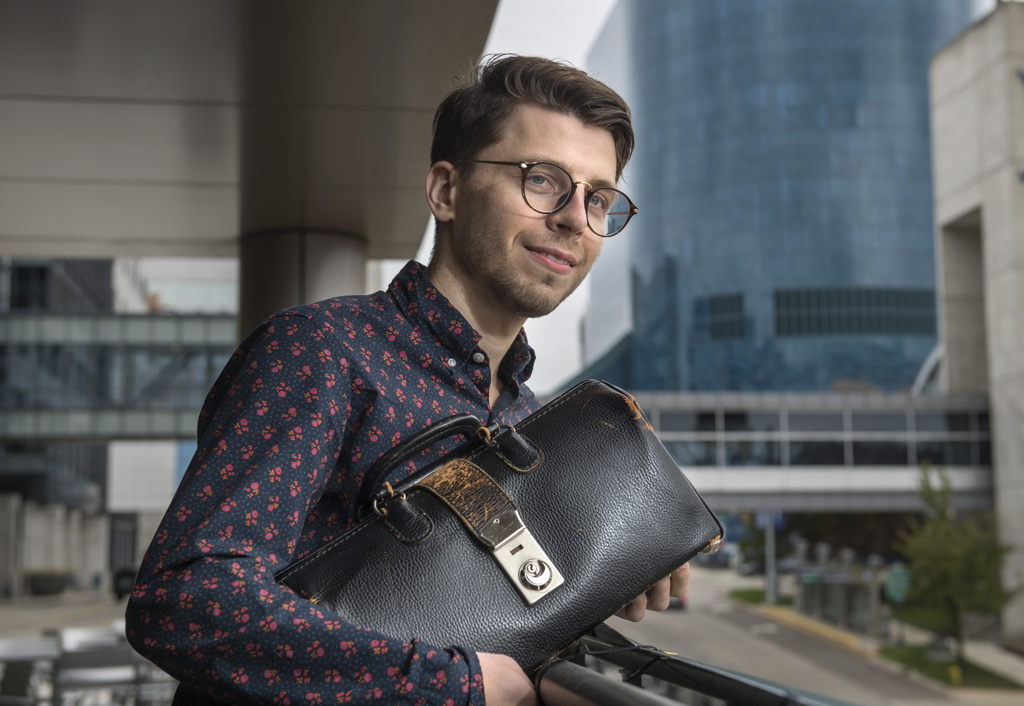
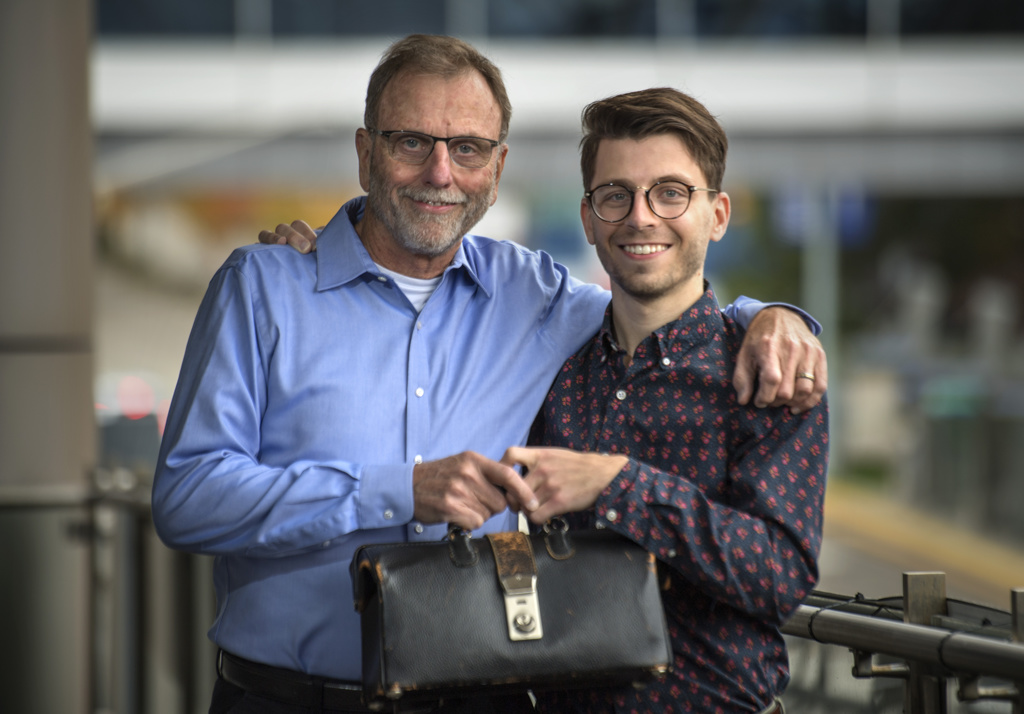
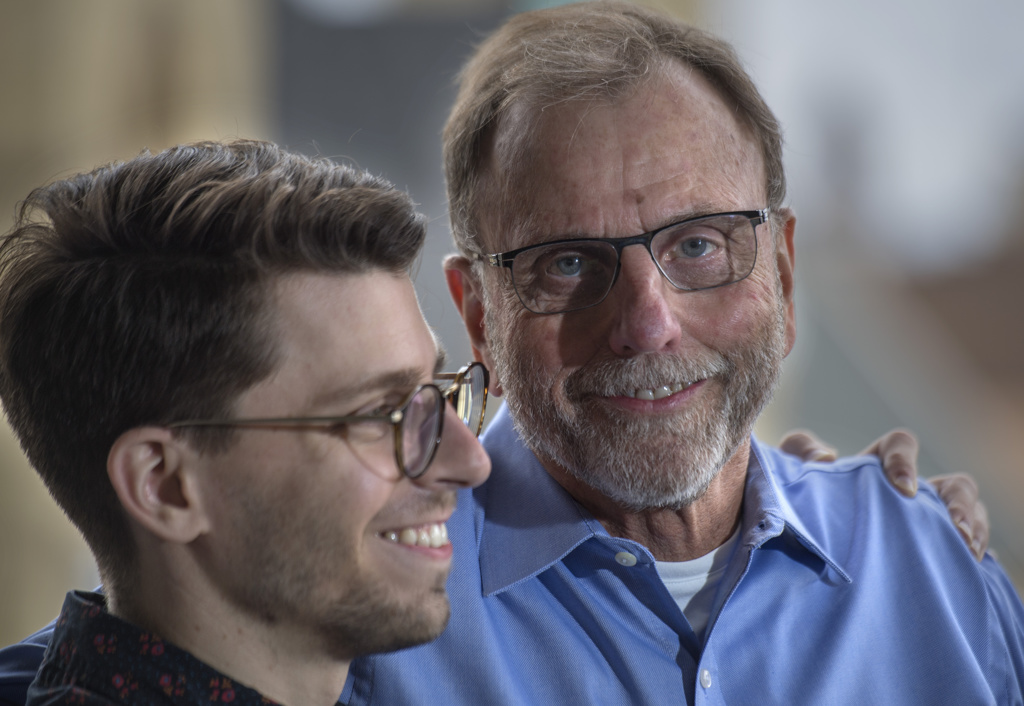

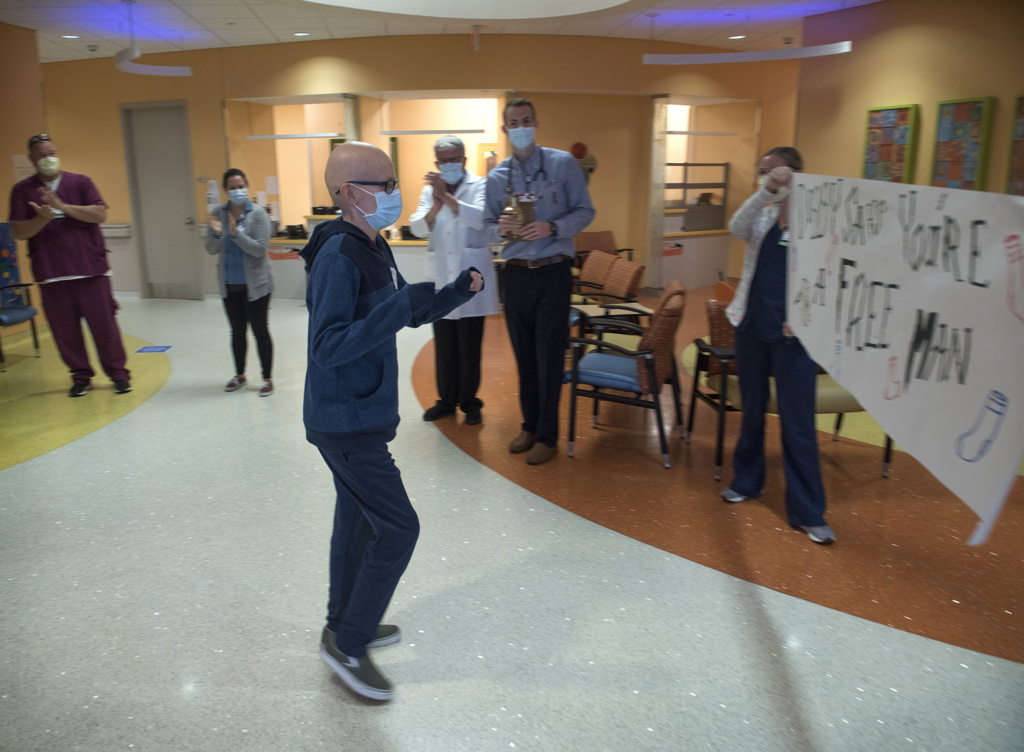
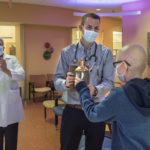
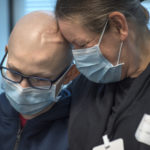
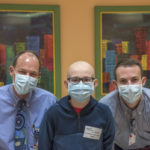
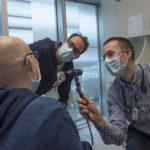
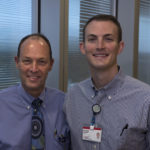
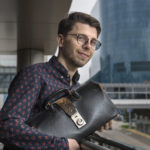
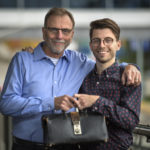




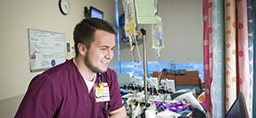 /a>
/a>
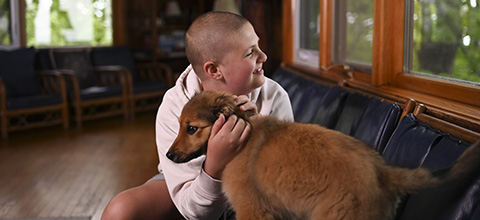 /a>
/a>
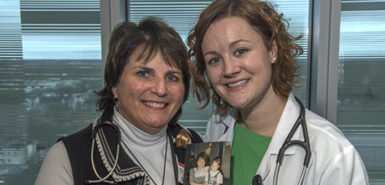 /a>
/a>